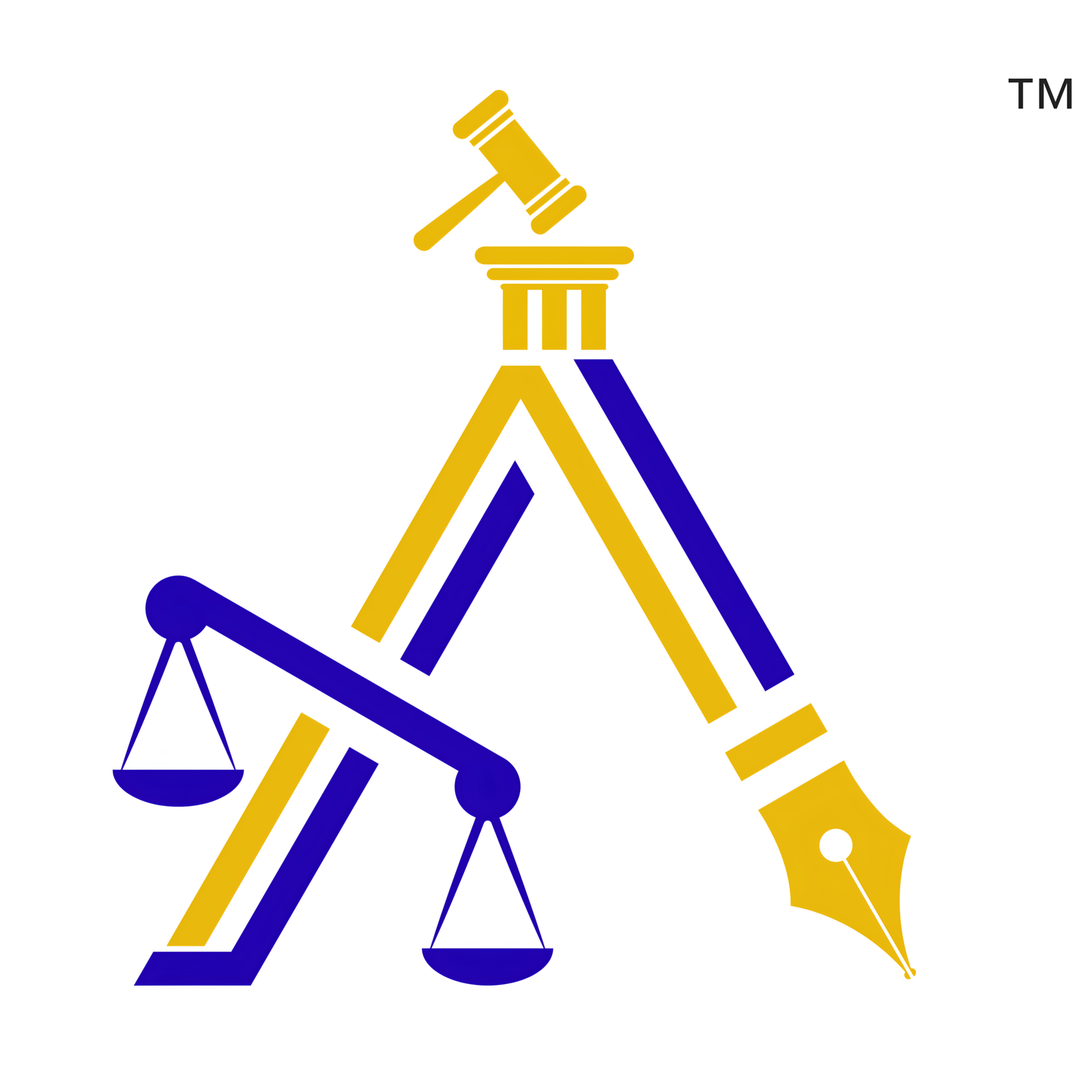CYBERSECURITY & ONLINE FRAUDS
Cybersecurity and online frauds are increasingly significant concerns in the digital age, particularly in India, where the rapid adoption of technology has brought both opportunities and challenges. Legal frameworks and advisory services play a crucial role in protecting individuals, businesses, and government entities from cyber threats and ensuring compliance with cybersecurity regulations. Online frauds refer to illegal activities conducted over the internet, such as identity theft, phishing, financial scams, and data breaches. These issues have become more prevalent with the increased use of digital platforms for business, communication, and transactions.

Key Legal Frameworks:
Information Technology Act, 2000 (IT Act)
- Cybercrimes: The IT Act is the primary legislation governing cybercrimes in India. It addresses offenses such as hacking, data theft, identity theft, and the distribution of obscene materials online.
- Data Protection: The IT Act also includes provisions related to the protection of personal data and information, particularly concerning sensitive personal data.
- Cybersecurity Standards: The Act mandates certain cybersecurity practices for companies and provides legal recognition for electronic contracts, records, and digital signatures.
- National Cyber Security Policy, 2013: Aims to protect public and private infrastructure from cyber-attacks and ensure the security of information.
- CERT-In (Indian Computer Emergency Response Team): The national agency responsible for responding to cybersecurity incidents, providing advisories, and promoting best practices in cybersecurity.
Types of Online Frauds
1. Identity Theft
- Phishing: Fraudsters use fake websites or emails to trick individuals into revealing personal information like passwords or credit card numbers.
- Account Takeover: Cybercriminals gain unauthorized access to an individual’s online account and use it for fraudulent activities.
2. Financial Frauds
- Credit/Debit Card Fraud: Unauthorized use of someone’s credit or debit card information for financial gain.
- Online Banking Fraud: Unauthorized transactions conducted through online banking platforms.
3. Cyber Extortion
- Ransomware Attacks: Cybercriminals encrypt a victim’s data and demand payment in exchange for the decryption key.
- DDoS Attacks: Distributed Denial of Service (DDoS) attacks are used to overwhelm a system, demanding a ransom to restore normal operations.
4. Data Breaches
- Unauthorized Access: Cybercriminals gain unauthorized access to sensitive data, often leading to financial loss or damage to reputation.
- Insider Threats: Employees or contractors with access to sensitive information intentionally or unintentionally cause data breaches.

Our Role:
Arvind Attorneys offers specialized legal services to help clients navigate the complexities of cybersecurity and protect themselves from online fraud.
IT Act Compliances:
We assist businesses in complying with the IT Act’s requirements, including implementing cybersecurity measures, protecting sensitive personal data, and ensuring the security of digital transactions.
Risk Assessment:
We conduct cybersecurity risk assessments to identify vulnerabilities in clients’ systems and recommend measures to mitigate risks. We provide legal support during cybersecurity incidents, helping clients manage the fallout from data breaches, ransomware attacks, or other cybercrimes.
Investigation & Litigation:
We assist in reporting cyber incidents to the relevant authorities, such as CERT-In, and ensure compliance with legal obligations in the aftermath of a breach.
Recovery of Assets:
We collaborate with cybersecurity experts to investigate incidents of online fraud, gather evidence, and build a legal case against the perpetrators. We assist clients in tracing and recovering assets lost due to online fraud, including working with financial institutions to reverse fraudulent transactions.
Cyber Insurance:
We advise clients on cyber insurance policies, helping them understand the coverage, exclusions, and conditions that apply to their specific risks. We assist clients in making claims under cyber insurance policies and navigating the claims process to maximize recovery.

